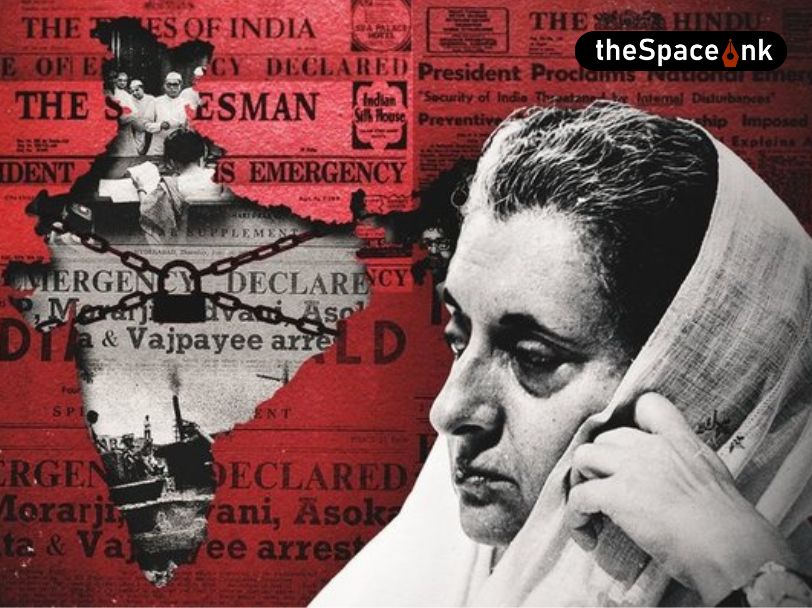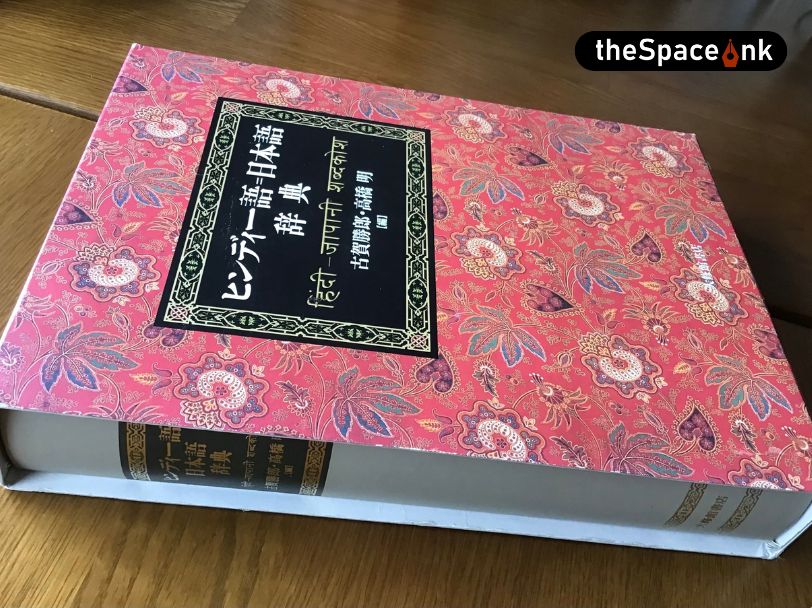It was Sunday, May 9th 1965. We were busy celebrating the birthday of Rabindranath Tagore. I was then in Grade (class) five. The most common way to celebrate Tagore’s birthday was (and still is) to recite his poems and sing songs written and composed by him. These Tagore songs are known as Rabindra Sangeet in Bengali. That day, a grade six student recited a popular poem ‘Question’ (Proshno in Bengali) penned by Tagore. There was something in her voice that compelled me to pay full attention. And that time, I thought, I understood it all. But now I know, I was not quite right.
A Brief Historical Context
This poem, written during mid-December 1931 to mid-January 1932, transcends space and time, and hence, is relevant universally for all ages. However, let me mention some events in India during the period the poem was written.
On September 16th 1931 two unarmed freedom fighters were shot dead by British police for agitating inside the Hijli Detention Camp. The firing, later known as the “Hijli firing”, is the only incident of police firing inside a jail/detention camp. Tagore and some prominent Indian political leaders voiced strong protests against the British Raj over this incident.

The lines,
“আমি যে দেখিনু তরুণ বালক উন্মাদ হয়ে ছুটে/কী যন্ত্রনায় মরেছে পাথরে নিষ্ফল মাথা কুটে॥“
“I see young men working themselves into a frenzy,/In agony dashing their heads against stone to no avail.”
certainly refer to the young freedom fighters who resorted to violence to free India from the British Raj and the torture and injustices meted out to them. I think these lines are equally applicable to the Black Lives Matter (BLM) movement protesting against incidents of police brutality and all racially motivated violence against people of African origin. BLM movement started in 2013 and reached its zenith in 2020 amidst the COVID-19 deaths and despair.
What is the Question?
The crux of the poem is the Question posed at the end.
“যাহারা তোমার বিষাইছে বায়ু, নিভাইছে তব আলো,/তুমি কি তাদের ক্ষমা করিয়াছ, তুমি কি বেসেছ ভালো?।“
In fact, there are two Questions. A straight translation would be:
“Those who are poisoning your air, those who are extinguishing your light,/Have you forgiven them? Have you loved them?”
It may appear that in final analysis Tagore is for forgiving and loving the tormentors. I discussed this issue with some Tagore readers. They also came up with similar translations.
Now let me consult a doyen of Tagore translators, William Radice. It is quite ironic that I am trying to decipher the meaning of a Bengali piece from its English translation. Here is Radice’ English version:
“Those who have poisoned your air, those who have extinguished your light,/Can it be that you have forgiven them? Can it be that you love them?”
I think Radice is right. It is not, “Have you..?”, rather, “Can it be that you…?” Radice’ translation reflects Tagore’s strength and courage not weakness and despair, expressed in this short but grand and impactful poem, (Question).
As I write this Note my voice is choked too at the news of the rape and murder of one of my nieces in India, Saswati Jana at her own village home on Monday, May 2, 2021. She, a college student, was only 21. For her now the Justice is weeping silently (‘Justice weeping silently and furtively at power misused’). Can it be that God will forgive the culprits? Can it be that God will love them?
Images courtesy: Wikimedia Commons and Pinterest
Reference:
‘Selected Poems Rabindranath Tagore‘, Translated by William Radice, Penguin Books, 1995. p.96 & p.157.
Acknowledgement:
Mousumi Dutta Ray who inspired me to write this and Utsoree Das from Kolkata, who requested me to recite the poem.
Anil K Bera is an internationally renowned econometrician. He is Professor of Economics at the University of Illinois at Urbana–Champaign's Department of Economics. He is most noted for his work with Carlos Jarque on the Jarque–Bera test. Anil Bera was born in remote village in West Midnapore and attended college at the Indian Statistical Institute, Kolkata and received his Ph.D. in Econometrics from the Australian National University. His sense of humour and wit makes him a cynosure of all parties.








One Response
অসাধারণ লাগলো আপনার ব্লগ পোস্ট টি পড়ে। অনেক ধন্যবাদ কবিতার পিছনের তখনকার সামাজিক পটভূমি টি দেওয়ার জন্যে। এবোগ পরিশেষে বলি সত্যি খুব খারাপ লাগলো আপনার ভাগ্নির কথা পড়ে। বিচারের বাণী ভগবান এর সামনে অনন্তকাল ভরে মিছেই কাঁদবে না। Justice is closest to God’s heart as much as grace and forgiveness.